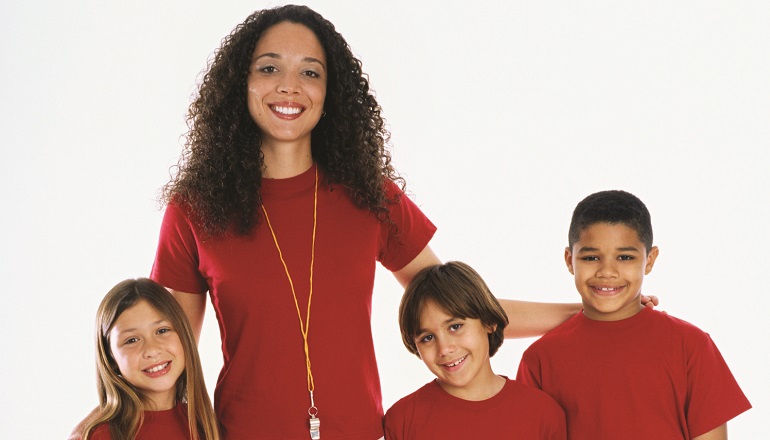One of the joys of adopting a child born in another country is celebrating his culture of origin. Heritage camps can build a child’s appreciation of his roots and support his self-esteem. Most camps offer a mix of traditional camp activities (swimming, campfires) and cultural activities (dancing, cooking, arts, and crafts), as well as group discussions or role-playing about adoption and race. Most counselors are teen or young adult adoptees.
Would your child benefit from attending a culture camp? Before packing his bags, consider the different types of camps and your child’s social readiness.
Which Camp Is Right?
Camps differ in length, intensity, and level of family participation.
Day camps provide cultural activities for either a few hours or a full day before children go home at night.
Residential camps are available for children as young as six and can last from a weekend to a week.
At family camps, kids attend activities during the day, while Mom and Dad spend time with other adoptive parents. In the evenings, families come together for cultural events. To make the right decision, think about how your child behaves socially. Some six- to eight-year-olds are shy in new settings. Others dive in and form friendships, but have trouble sustaining them for more than an afternoon without adult intervention. Some children are comfortable spending the weekend at Grandma’s, but are overwhelmed at a week-long sleepaway camp.
When you’ve decided what kind of camp you’re looking for, search AF’s national directory of culture camps and heritage events.
What Will We Take Away?
Remember, culture involves much more than where a person was born. As a multicultural family, it’s important for you to celebrate all the cultures your family represents. Ultimately, your child should be comfortable with his own cultural identity, which is formed by the blend of his birth and adoptive backgrounds. Still, six- to eight-year-olds tend to be more interested in seeing how they are like Mom and Dad than how they are unique. That’s why most camps for this age group welcome everyone. If your child will be attending camp on his own, bring the whole family, including siblings, for the end-of-session festivities.
Culture camp should not just celebrate your child’s heritage, it should build his self-esteem. For many campers, the cultural component takes a back seat to the social experience of being around other kids who look like them. The mother of one girl who attended heritage camp remarked, “She’s learned Chinese brush painting, which is nice, and Chinese dancing. But at camp she gets together with girls to chat and share makeup, and, yes, they all happen to be Asian.”
Ideally, a camp’s benefits will extend beyond the week of attending the camp. Ask your child to describe her favorite parts of camp, and see if she’ll open up about any of the formal or informal adoption talks she had. Help her stay in touch with new friends via letters, e-mails, or get-togethers. One 14-year-old camper said, “I like going to camp to learn about my heritage while having fun. I get to spend time with some of my best friends, whom I see once a year, only at camp. Culture camp is great because there are people like you, and you get to hang out a lot with them!”



